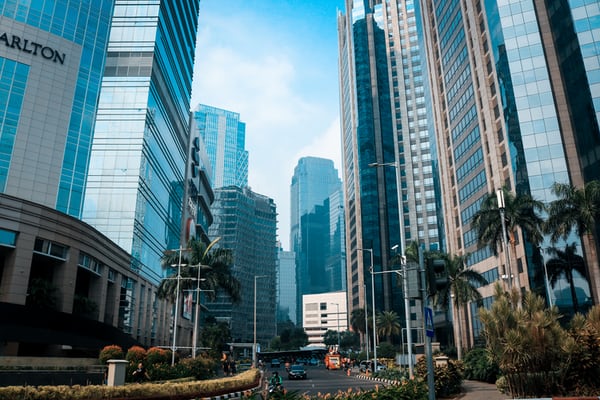South East Asia’s biggest economy has dropped unceremoniously into its first recession in nearly quarter of a century.
A direct result of the country continuing to struggle with the COVID-19 pandemic, Indonesia has not seen its economy so hard hit since the 1998 Asian Financial Crisis, 22 years ago.
The news that Indonesia had officially moved into recession territory came about after third quarter figures revealed growth had fallen again – this time by 3.49% – compared to the same period a year previously.
This was on the back of a second quarter plunge of over 5.3% in what has been a tough year for Indonesia, especially in the manufacturing and tourism industries.

Predictions that over three million people are now at risk of losing their jobs are already being reported.
None of this has been helped by the pandemic – with Indonesia having suffered almost 422,000 cases of the virus leading to 14,259 confirmed deaths.
It is one of the worst affected nations in Asia, and as a result of travel limitations and quarantine demands, employment agencies around the region, including in Taiwan, are struggling to fill jobs often taken by Indonesian expats on temporary contracts.
Jakarta is also seeing its economy hit hard by a huge drop in tourist numbers – the island of Bali in the east of the country a destination for millions of foreign dollar-toting tourists every year.
A closed-border policy in recent months to non-residents has, however, in effect closed down all but domestic tourism to the island and other popular sites around the nation.
And even domestic tourism is flailing thanks to lockdowns put in place to try and combat the spread of the virus, with Jakarta, the nation’s usually bustling capital and an economic hub in the wider region six weeks ago being sent into its second period of lockdown in recent months to this end.









